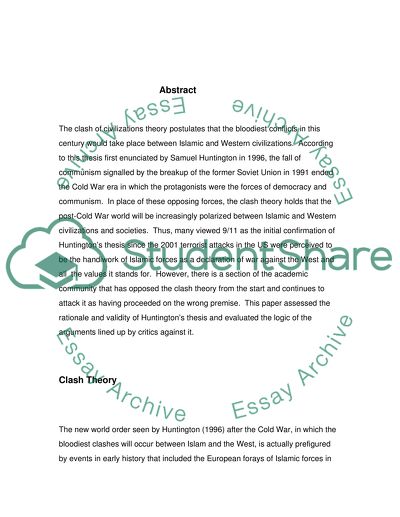Cite this document
(Islamic and Western Civilizations In The Post-Cold War World Case Study, n.d.)
Islamic and Western Civilizations In The Post-Cold War World Case Study. https://studentshare.org/history/1533327-islamic-and-western-civilizations
Islamic and Western Civilizations In The Post-Cold War World Case Study. https://studentshare.org/history/1533327-islamic-and-western-civilizations
(Islamic and Western Civilizations In The Post-Cold War World Case Study)
Islamic and Western Civilizations In The Post-Cold War World Case Study. https://studentshare.org/history/1533327-islamic-and-western-civilizations.
Islamic and Western Civilizations In The Post-Cold War World Case Study. https://studentshare.org/history/1533327-islamic-and-western-civilizations.
“Islamic and Western Civilizations In The Post-Cold War World Case Study”. https://studentshare.org/history/1533327-islamic-and-western-civilizations.


